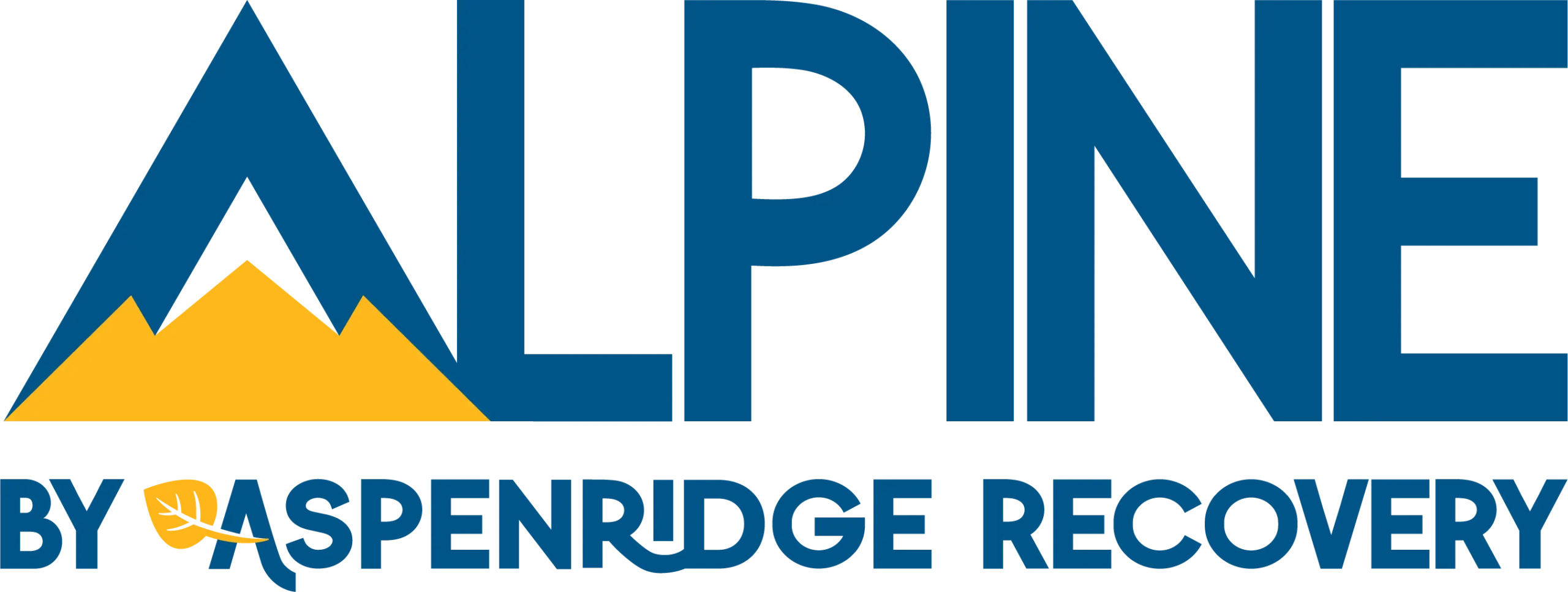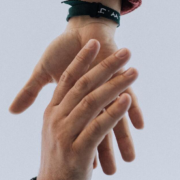How to Pay for Addiction Treatment
Witnessing a loved one struggle with addiction is an emotionally taxing journey that demands strength, understanding, and unwavering support. Addiction, whether it involves substances or behaviors, can have devastating effects on one’s physical and mental well-being. Recognizing the significance of rehabilitation and promoting long-term recovery, addiction rehab programs play a vital role in confronting these challenges head-on.
However, for many families, understanding the financial aspects of addiction treatment is equally crucial. How to pay for addiction treatment becomes a pressing question. The average cost of addiction treatment can pose a significant barrier for those seeking help. Fortunately, there are avenues to explore that can help alleviate this burden. In this comprehensive guide, we delve into the realm of addiction treatment, shedding light on how individuals and families can navigate the often daunting task of financing these vital services.
From exploring Medicaid coverage for addiction rehab to exploring other financing options, we aim to provide valuable insight and resources for those facing this challenging journey. Join us as we uncover the possibilities and avenues available to make addiction treatment accessible and attainable for everyone.
There are several options and approaches to addressing problematic addictions, and it’s essential to understand what best suits your particular lifestyle or situation. Contact us at the Alpine Recovery Center for more information. We are the best Colorado Medicaid alcohol rehab program. Call us at 720-704-2883.

What to Expect from Addiction Rehab Programs
Rehabilitation programs play a critical role in helping individuals with addiction embark on their journey to recovery. These programs provide a structured and supportive environment that addresses the physical, psychological, and emotional aspects of addiction. By offering comprehensive services tailored to each person’s unique needs, addiction rehab programs aim to empower individuals and equip them with the tools necessary to achieve lasting sobriety.
Addiction rehab programs offer a multidisciplinary approach to treatment, combining evidence-based therapies, medical support, counseling, and holistic interventions. These programs typically provide a range of services, such as:
- Initial screening: A thorough assessment is conducted to help determine the most appropriate treatment approach.
- Intervention: Addiction rehab programs often employ interventions to engage individuals in treatment and motivate them to embrace recovery. These interventions can involve family members, friends, or professional interventionists.
- Medications for managing cravings and withdrawal
- Family counseling: Many rehab programs offer family counseling sessions to help repair relationships, establish healthy boundaries, and promote a supportive environment for the individual in recovery.
- Inpatient rehab: Inpatient or residential rehab programs provide a highly structured environment where individuals reside within the treatment facility for a specified period.
Expanding Access to Addiction Treatment through Medicaid
Medicaid, a government-funded insurance program for low-income individuals, plays a crucial role in expanding access to addiction treatment. With specific guidelines set by each state, Medicaid provides coverage for various health services, including drug and alcohol addiction treatment.
Substance Use Rehab Covered by Medicaid
All state Medicaid programs provide some level of coverage for substance use treatment. These services commonly include:
- Initial screening: Medicaid covers the initial cost of addiction treatment that includes screenings to assess the severity of substance abuse and determine appropriate treatment options.
- Medications: Medicaid often covers medications approved for addiction treatment, such as naltrexone, that help manage cravings and withdrawal.
- Inpatient and residential treatment: Medicaid can cover the costs of inpatient rehab and long-term residential treatment programs, providing individuals with a safe and supportive environment during their recovery journey.
- Detoxification services: Medicaid coverage extends to detoxification services, ensuring individuals can safely withdraw from substances under medical supervision.
- Outpatient rehab: Medicaid often covers outpatient rehab programs, including counseling, therapy, and support groups.
- Other mental health services: Medicaid coverage extends beyond addiction treatment to include other mental health services, such as therapy and counseling, addressing the holistic needs of individuals.
Minimizing the Cost of Addiction Treatment
In the state of Colorado, Medicaid serves as a public healthcare program for eligible individuals, including minor children, parents, and adults who meet income and resource eligibility guidelines. Colorado Medicaid follows specific guidelines set by the state and federal government, ensuring that individuals in need can access addiction treatment services.
From 2013 to 2023, enrollment in Medicaid/CHIP by Colorado State increased by 119%.
It is important to note that while many addiction treatment centers in Colorado do not accept Medicaid as payment, there are exceptions. Alpine Recovery Center is one such facility that offers substance abuse and mental health treatment programs for adults with Medicaid coverage. Our programs, including the Daytime Intensive Outpatient Program (Day IOP), Intensive Outpatient Program (IOP), and Outpatient Program, are 100% covered by Medicaid, eliminating any out-of-pocket costs for clients.
Accessibility to treatment is crucial, and Medicaid-assisted programs like those offered by Alpine Recovery Center can help Colorado families recover from the devastating impact of substance abuse. By addressing economic and social conditions, these programs ensure that families can receive the care they need without the high costs associated with other addiction programs.

Additional options to cover the cost of addiction treatment
While Medicaid coverage for addiction rehab provides a significant avenue for individuals and families seeking help, navigating the complexities of financing addiction treatment can still be daunting. Exploring additional options and resources is important to ensure comprehensive and effective care.
Private Health Insurance Coverage
Private health insurance plans may also offer coverage for addiction treatment, depending on the specific policy. Many insurance companies now recognize the importance of addressing substance use disorders and provide varying levels of coverage for rehab programs. Reviewing the policy details and contacting the insurance provider to understand the extent of coverage and any potential out-of-pocket costs is crucial.
Employee Assistance Programs (EAPs)
Employee Assistance Programs (EAPs) are employer-sponsored programs designed to provide support and resources to employees dealing with personal issues, including addiction. These programs may offer counseling services, referral to treatment facilities, and other forms of assistance. Checking with your employer’s HR department or benefits office can provide valuable information on available EAP services and potential coverage for addiction treatment.
Sliding Scale and Payment Plans
Some addiction treatment centers and rehab facilities offer sliding scale fees based on income or provide flexible payment plans. These options can help individuals and families manage the financial burden associated with treatment. It is worth researching and contacting different treatment centers to inquire about their payment options and whether they can accommodate your specific financial situation.
Remember, financial barriers should not deter individuals and families from seeking addiction treatment. By exploring various options, combining resources, and reaching out to supportive networks, it is possible to overcome financial challenges and provide the necessary care for one’s recovery.
The Road to Recovery
Embarking on the path to recovery from addiction requires courage, commitment, and ongoing support. It is essential to remember that addiction is a treatable condition, and with the right resources and strategies, individuals can find hope and healing.
Engaging in ongoing therapy and counseling is crucial throughout the recovery journey, participating in support groups and building a strong network of individuals who understand and support the recovery process. Surrounding oneself with positive influences and establishing healthy coping mechanisms is vital.
Furthermore, recovery is not a linear process, and setbacks or relapses may occur. It is essential to approach these challenges compassionately and utilize the available support systems.

Alpine Recovery Center – Colorado
Alpine Recovery Center is a trusted rehab provider in Colorado that accepts Medicaid as coverage for program admission. Our dedicated team of professionals understands that overcoming binge drinking requires addressing the underlying causes, developing healthier coping mechanisms, and building a solid foundation for long-term recovery. Our comprehensive approach to addiction treatment combines evidence-based therapies, personalized care, and a supportive community environment, all accessible with Medicaid.
Remember, you are not alone in this journey—help is just a phone call away.
Call Alpine Recovery Center at 720-704-2883.









